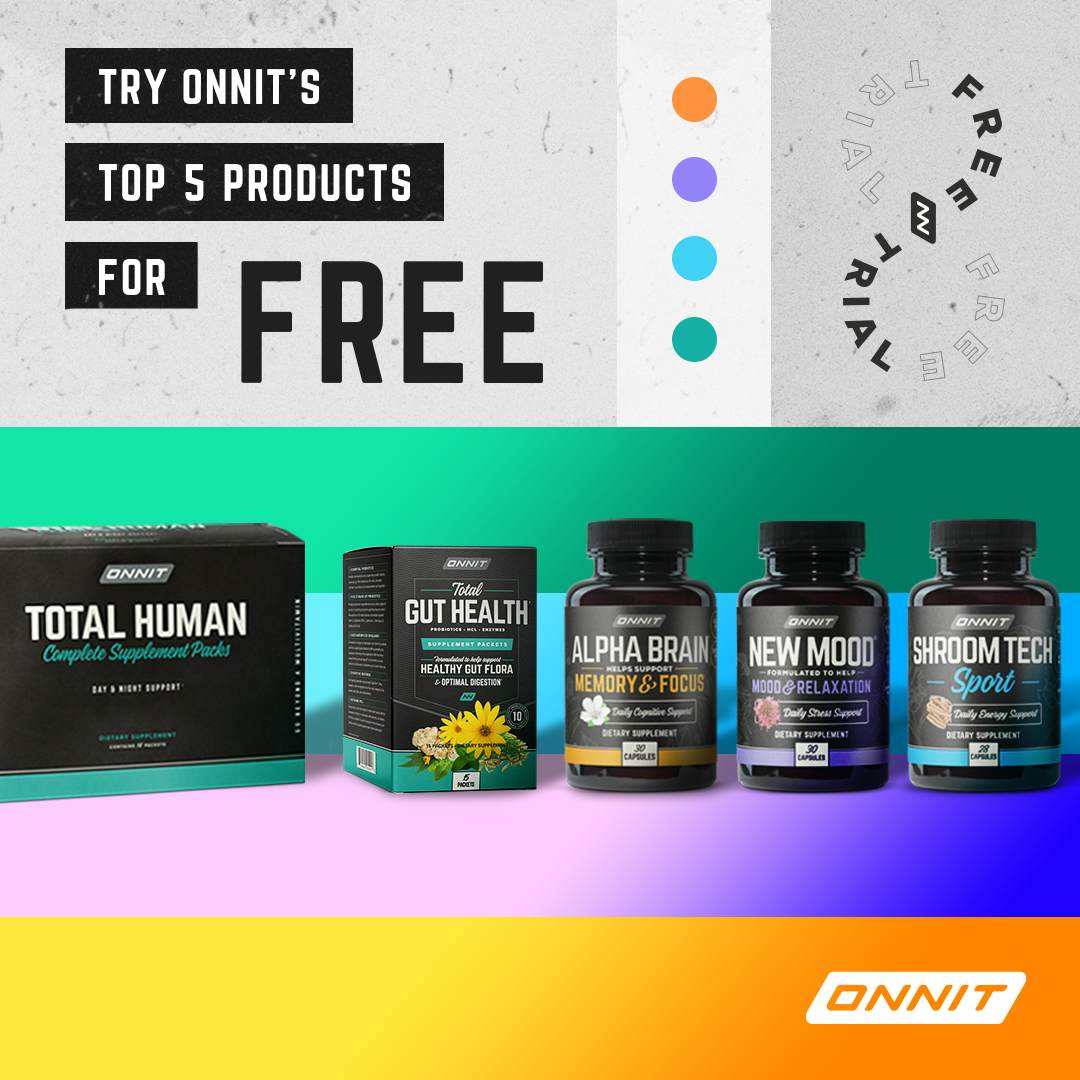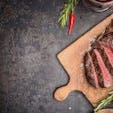Friend and fellow Strength Coach Keith Norris coined the term, “Thinkering,” which is the combination of thinking and tinkering. Thinkering involves researching, trying new ideas, gathering data, and then assessing what works, what doesn’t, and why.
We have seen the nutrition pendulum swing all over the place in the last 4 to 5 decades, and the public is left rumbling and stumbling around with a picture of myplate.gov stuck to their forehead.
It started with low fat. Then everyone realized that dietary fat and cholesterol had little to do with cardiovascular disease risk, which was killing everyone and that we might need fat to make somewhat important things like cell membranes, the brain, and sex hormones.
Then carbs got the shaft. Hard. And now no one seems to know what’s good or what’s bad, so they just say, “F$CK it” and buy fortified fudge popsicles. Seems legit and delicious. Yet, on the outskirts of the nutritional world, one can feel a tectonic shift coming towards individuality.
For instance, some humans have survived exclusively on whale blubber, as well as all the carbohydrates EVAR. Our ability to adapt and survive is the reason we live in every corner of the globe, and thus people have to objectively explore what works for them.
As a nutritionist or whatever you want to call me, I am their guide, and I hold nothing sacred except my hate for Monsanto, Smithfield Foods, Gluten, and Dogmatic Beliefs.
I don’t think any field is as Dogmatic as Nutrition. We have Vegans, Lacto-ovo vegetarians, Pescetarians, Paleo Radicals, CarbBackLoad-ovores, and many, many more.
Every food blogger and their mom is screaming that their way is the best way – the only way. They may even have research and evidence to back up their view. They might even have some alphabet soup after their name, but so does the other fervent blogger. How do you know who to trust?
It is difficult to cut through the noise from Evangelist responders. What I mean is that most diets/supplements will have some percentage (10-20%, maybe higher) of the population that responds positively.
They are then loud and annoying, whereas the non-responders have moved on to something new until they become responders for something else. Basically, it’s a yelling contest that is abom(b)inating the internet.
We see the same thing in research. Dean Ornish has come as close as possible to proving in clinical trials that his diet reduces heart disease risk.
And on the exact opposite end of the spectrum in controlled feeding trials, the Paleo Diet lowers diabetes and cardiovascular disease risk markers. You can see where the confusion and fighting arises. A Cage Match between Dr. Cordain and Dr. Ornish anyone? Yes!
Elimination Diets for Better Nutrition
So as a member of this effed up food society, what do you do? Take a sabbatical to live in an igloo and fish with a harpoon for a month and then move to New Guinea and crush coconuts and taro root all day? Sounds like a blast, and as long as there are weights, I’m all in.
But you don’t have to fly halfway across the world to thinker. You can do it right now at your local grocery store. You can start an elimination diet and then slowly add things back in.
I know what you are thinking, “Dude¦ why can’t I just thinker with eating all the bagels and cream cheese?” Valid Point. But if you want to see clearly, you have to eliminate all the bullshit¦for a period of time.
What that means is that for 30 days, you get to eat:
- Sweet Potatoes
- Organic Meats
- Organic Vegetables (No nightshades)
- Organic Fruits (access to tropical fruits will depend on activity level)
- Olive Oil and Coconuts
But what about peanut butta? Is it a(n):
- Sweet Potato?
- Organic Meat?
- Organic Vegetable?
- Organic Fruit?
- An Olive Oil or a Coconut?
Nope. Then nope. After 30 days, you can begin to add in things like organic dairy, cage-free eggs, organic non-gluten grains, properly prepared legumes, and fortified fudge popsicles.
Chris Kresser recommends only adding one food back every three days. Now this doesn’t mean food group, this means food – singular. Some of you will jump the gun on this, and it may bite you and it may not, but do not jump the gun on 30 days.
In fact, if you feel absolutely phenomenal, extend it for another 30 days. There are no rules other than don’t be stupid enough to think that your results can somehow be applied to other white people of Haitian descent. Yes, that’s racist against Yoplait yogurt and antibiotics. Everyone is different, and it is high time we start embracing this fact and started thinking individually instead of generically.
If you have the money, I would also recommend hiring a well-regarded and sane nutritional professional to help you on this journey and to objectively collect data and make sure you don’t go off the deep-end of Funyuns and Bubble Tape, and even if you do, they can rope you back in. If you are rich, make sure you don’t just pay someone to agree with you so you are left with what you want instead of what you need.
If you don’t have the money for some fancy guru, no big deal, you will just have to be uber strict and find ways to objectify your research and hold yourself accountable. If you don’t have the money to buy organic and argue that the research doesn’t prove that organic is any better, punch yourself in the face.
As Dr. Rakowski says, you can either support an industry that poisons every man, woman, and child on the planet, or you can pony up and pay $1.99 a pound for an organic sweet potato. If you now want to punch me in the face for my insensitivity and really financially can’t make it happen, you can follow these guidelines from the Environmental Working Group.
To finish, if we are purely looking at performance built on health, we have to find out what fuel you run best on and when. The only person who can do this is you. But, together we can become an n of ones, and that is powerful enough to change the world, but probably not the internet.


)





